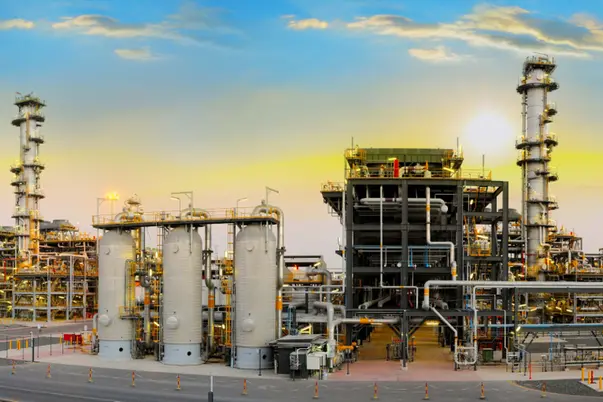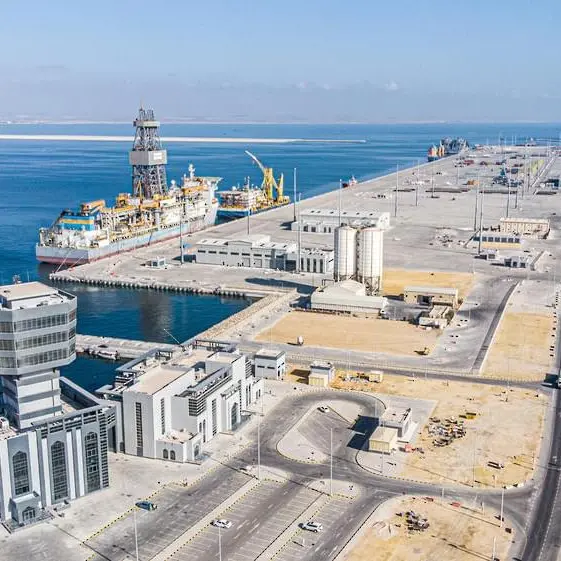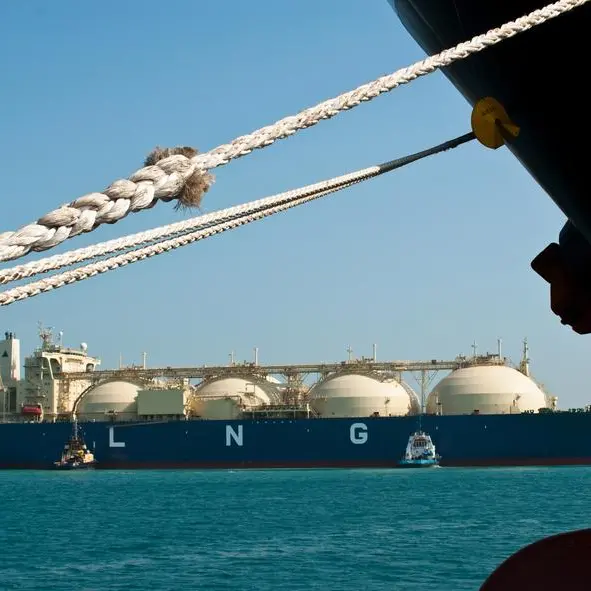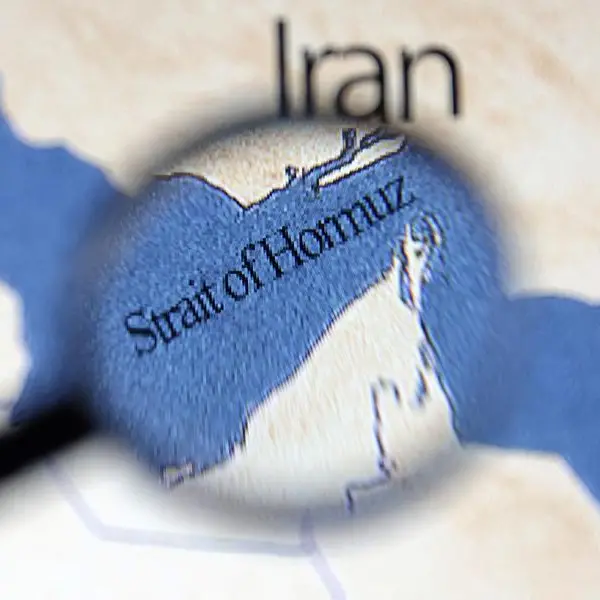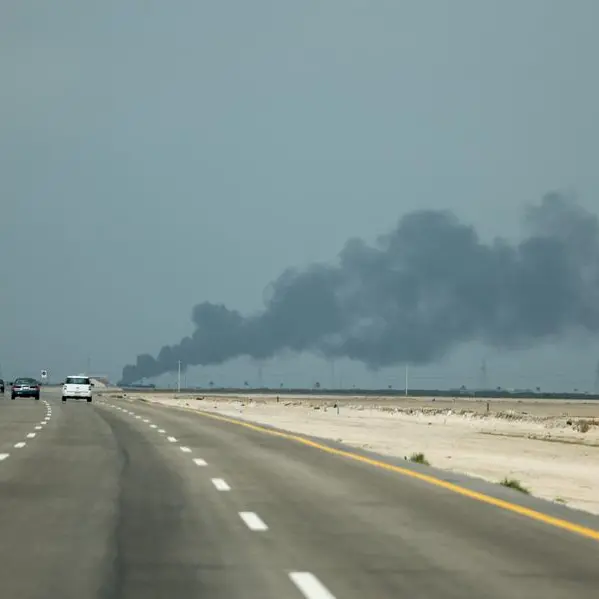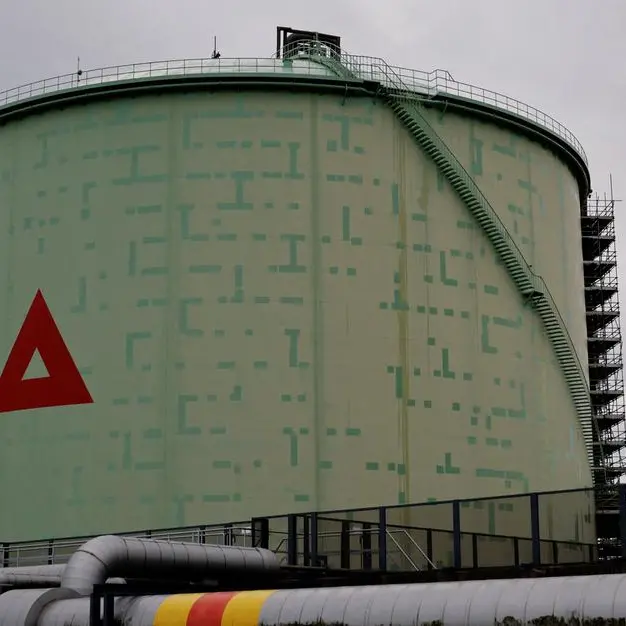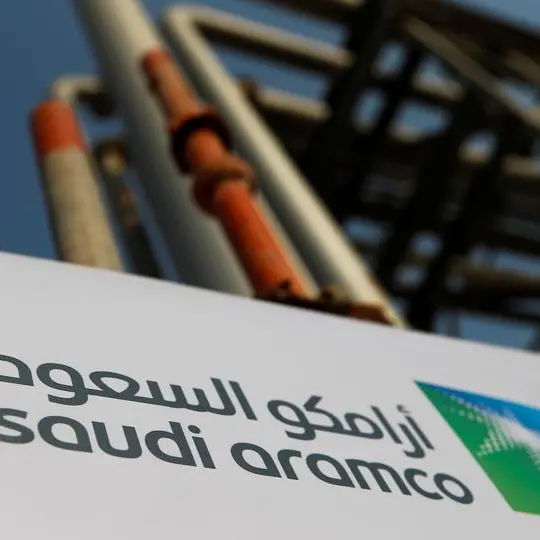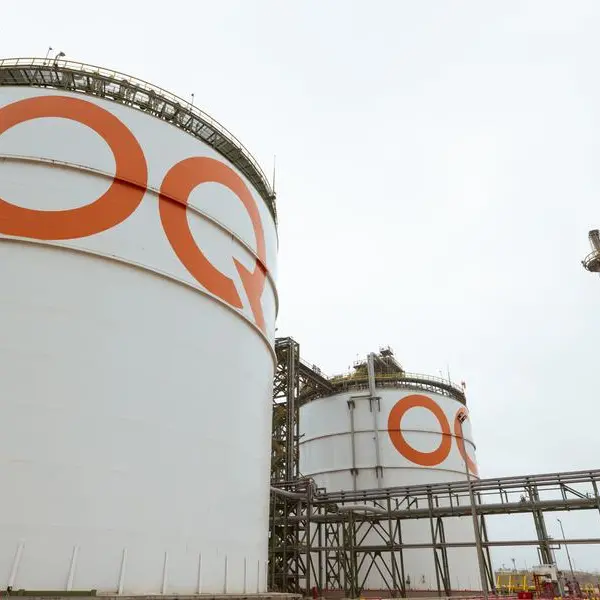PHOTO
East African gas has around one-third of the global average of carbon content and is extremely low in liquids, which makes it an attractive global investment opportunity during the energy transition, according to an energy expert.
“The beauty of gas derived from the East Coast of Africa is that it is extremely low on CO2 content,” said Unni Fijaer, Vice President and Tanzania country manager for Equinor, which is currently developing offshore natural gas resources in Tanzania.
She spoke during a panel discussion at AOW Investing in African Energy event in Cape Town on how Africa might monetise its gas resources to meet domestic energy needs while accessing export markets.
‘We currently face two related global challenges,” said Fijaer. “We are facing the impacts of climate change, which we have all experienced. But at the same time, there is a significant gap when it comes to access to energy. Gas offers a solution.”
Fijaer said gas offered an opportunity for resource-driven African development. She drew a parallel with Norway, which became a highly developed nation on the back of oil discoveries off the country’s coast in 1969.
“African countries with gas reserves like Tanzania can embark on a similar development journey, as long as we ensure that energy projects are a win-win arrangement for both investors and the host nations,” she said.
Ivan Codognotto, Technical Director, Eni Rovuma Basin, added that the Coral South Project in the Rovuma Basin, off the East Coast, places Mozambique on the global LNG stage.
“The project has come on stream within just five years. It is already generating benefits for the Mozambican economy, creating jobs, revenue, training and business growth,” he said.
Eni expects the project to contribute the equivalent of two per cent of Mozambique’s national GDP this year. The resource is estimated to hold 2,400 billion cubic metres of gas.
Fijaer stressed that energy revenues could have a transformative impact on a country, invigorating the fiscal environment and enabling additional investments in education and healthcare for the population.
Echoing this sentiment, Ombeni Sifue, chairman of the Tanzania Petroleum Development Corporation, emphasised the right of African countries to leverage their resources for the betterment of their people.
The press statement issued by the event organisers cited a recent report by the International Energy Agency (IEA), which said that more than 5,000 billion cubic metres (bcm) of natural gas resources have been discovered in Africa, which still need to be developed. If brought into production, these resources could provide an additional 90bcm of gas a year by 2030 while keeping the continent’s share of global carbon emissions to a mere 3.5 percent.
(Writing by SA Kader; Editing by Anoop Menon)
(anoop.menon@lseg.com)
Subscribe to our Projects' PULSE newsletter that brings you trustworthy news, updates and insights on project activities, developments, and partnerships across sectors in the Middle East and Africa.
